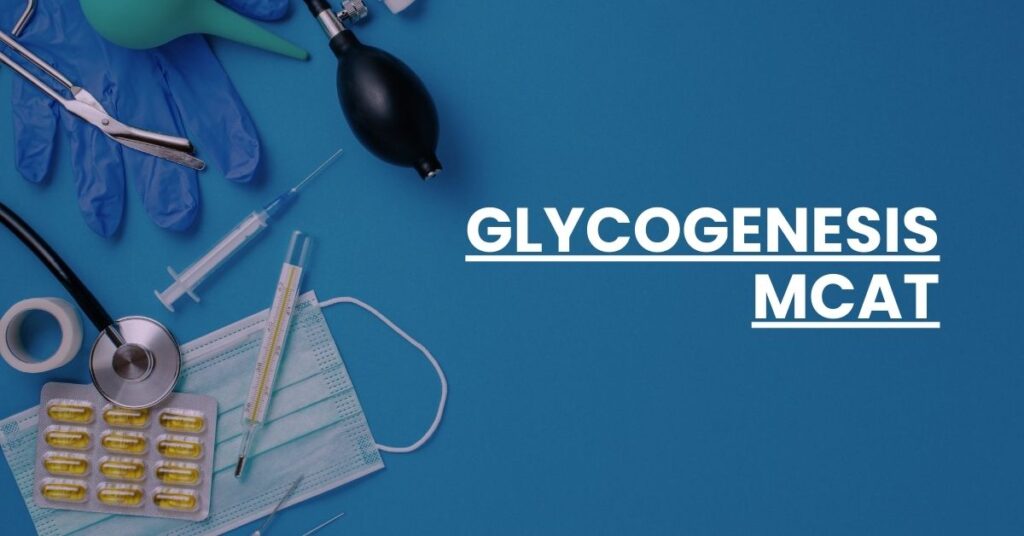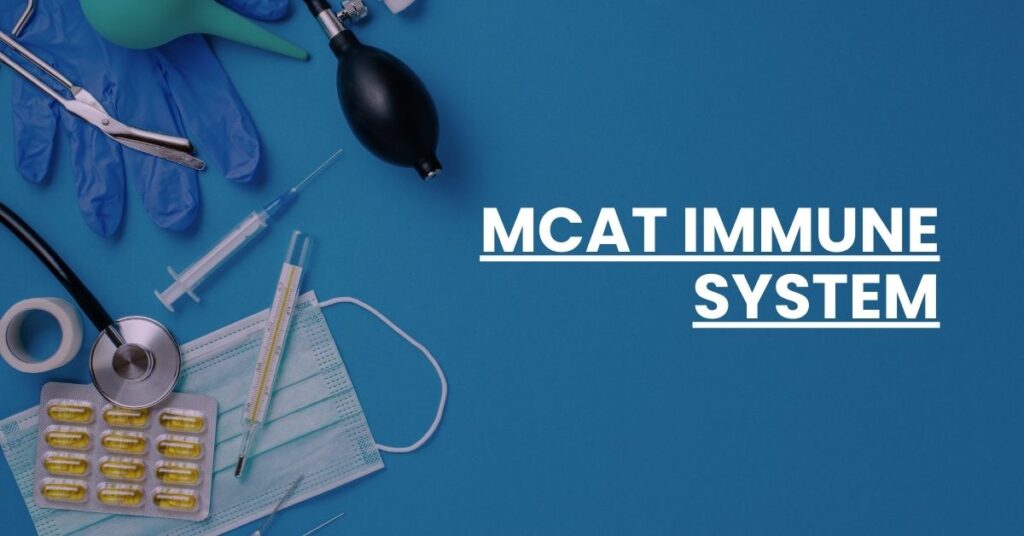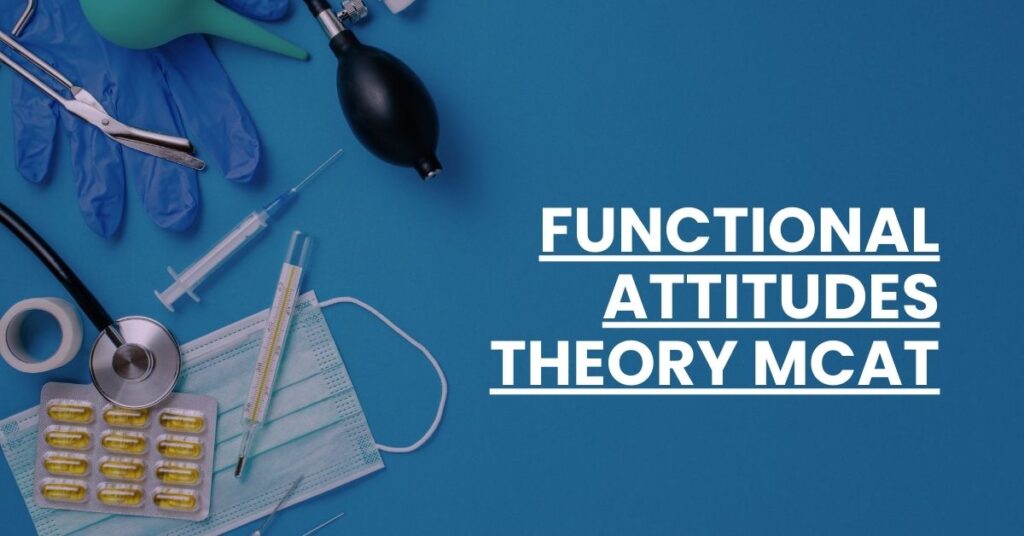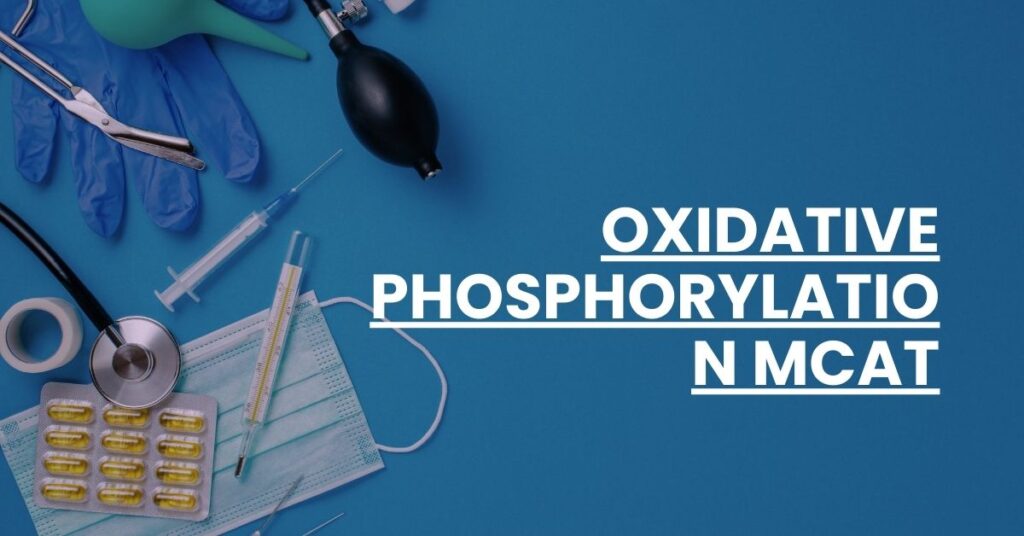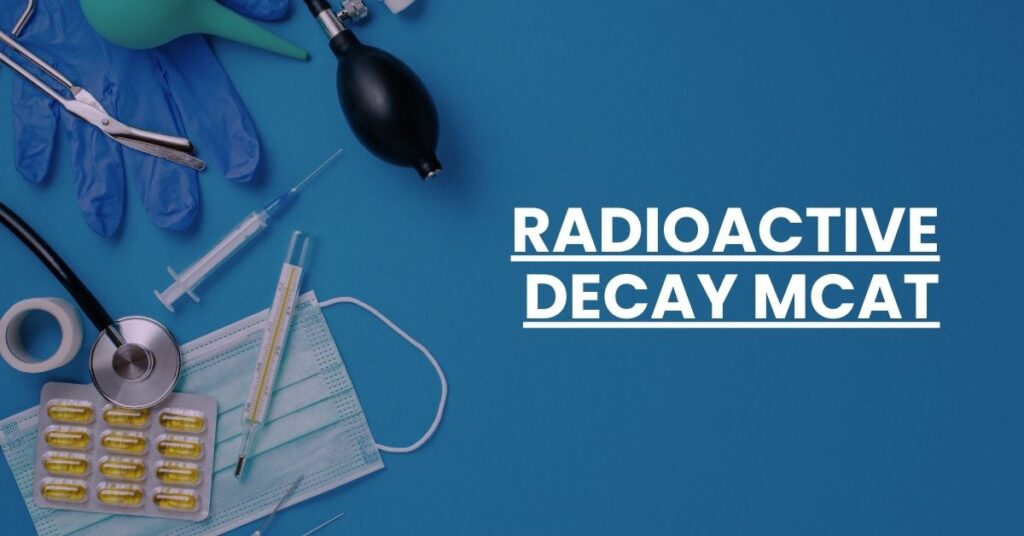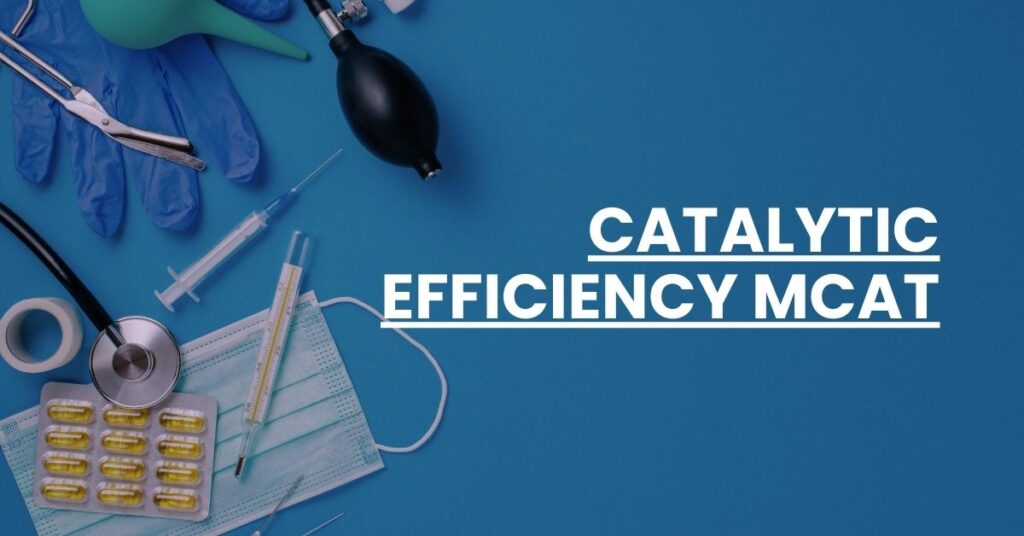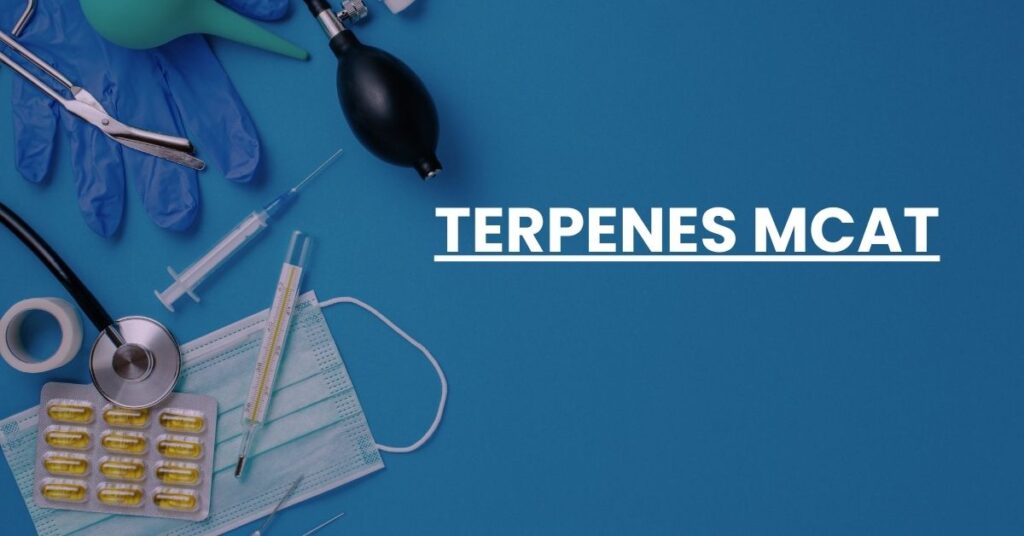Wayne State Average MCAT
The average MCAT score for admission to Wayne State University School of Medicine is 508. Hitting or surpassing this score places prospective students in a solid position for consideration by this reputable institution. With a national average matriculant score around 511-512, Wayne State’s expectations reflect their high standards and commitment to academic excellence. In this […]
Wayne State Average MCAT Read More »

